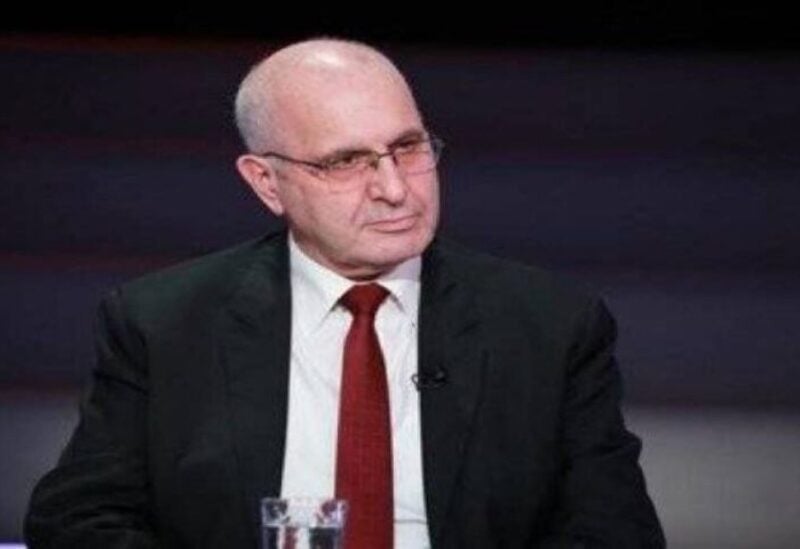
Head of the Parliamentary Health Committee MP Assem Araji
Head of the Parliamentary Health Committee, MP Assem Araji, stressed that it is not surprising that the Omicron mutator arrived in Lebanon, but the medical and hospital sectors are unable to cope with the outbreak of the pandemic, as they did last year. “We will deal with the two cases of omicron as we dealt with the other mutant, and it is expected that the number of people infected with omicron in Lebanon will increase.” Araji said, pointing out that “there is no escape from the renewal of preventive measures and vaccination campaigns.”
With regard to holding the transmitters of the epidemic accountable and fining them, he replied: “We can monitor the transmitters of the epidemic, and whoever violates the preventive measures is considered a contributor to its spread, and individuals or even institutions and heads of departments may be held accountable.”
He called upon the relevant ministries to “monitor the extent to which schools adhere to the application of the medical guide, which stipulates that there should be no more than 18 students in a class, especially public schools.”
He added: “As for the National Medicines Agency, it is responsible for monitoring the drug manufactured locally or abroad, by setting prices and controlling quality, efficacy and complications, through the establishment of a research and studies unit, affiliated with it, and a central laboratory for drug control. The agency is also concerned with medical supplies and food supplements, as well as allowing emergency use of medicines and vaccines without the need for a law issued by the House of Representatives. Implementing these measures will reduce the drug bill and identify and control market requirements.”
With regard to the rise in drug prices, Araji indicated that “the money allocated for support was reduced from 120 million dollars to 35 million dollars, forcing the Minister of Health to limit the support to medicines for incurable and chronic diseases.”
As for the possibility of allocating part of the Special Drawing Rights to Lebanon to continue subsidizing drugs, he replied: “We support this issue because there is no other option, and there is no problem, for example, in allocating 10 million dollars per month, pending a sustainable solution.”